At times, an individual in need of treatment fails to realize the severity of addiction or denies the impact it has on others. That same person may also resist or avoid offered help, even when friends and family express concern for the individual’s wellbeing. Instances such as these could indicate the necessity of an intervention.
What is an intervention? Organized by concerned loved ones, an intervention refers to a planned event designed to urge the person struggling with addiction or a mental health diagnosis to enter treatment. A well-designed intervention serves as a catalyst for the individual to seek help, establish a plan and set healthy boundaries, all while surrounded by caring support.
Hiring an interventionist or team of trained professionals to lead an addiction intervention is key. Equipped to handle the emotional intensity of interventions professionally, an interventionist uses experience to prepare families, work through potential barriers and stage the event. What’s more, these specialists also help identify the most suitable treatment option and smooth the transition to receiving proper care.
These reasons and more make researching how to find an interventionist before staging one yourself crucial.
What to Look For in a Professional Interventionist
There are many factors to consider when finding an intervention specialist to fit your needs. You want to look for someone who inspires confidence and helps you feel comfortable with the intricacies of this vulnerable process. Due to the sensitive nature of an intervention, you want to ensure the specialist has a strong commitment to privacy and confidentiality as well. A well-suited interventionist should be open-minded and receptive, yet firm and able to stay on course.
You should also research the specialist’s credentials. Primary qualifications may include a CIP or certified intervention professional title, connection to a comprehensive treatment center and years of experience. Another recommendation is to look for someone who values exhaustive pre-intervention work. Such work includes going over any possible co-occurring disorders or underlying mental illnesses and devising a plan if the addicted individual resists treatment.
To help make the intervention a success, opt for someone who has the training to effectively structure and manage the conversation while remaining tactful and compassionate as talk steers towards professional treatment options. Lastly, confirm the specialist respects and embraces complicated family dynamics. That way, he or she might offer practical solutions and support, rather than add to any tension within the family system.
What to Expect During an Intervention
Interventions are very personal, and success is determined by numerous factors going according to plan. That said, not every intervention is a success. Even with everyone doing their part and a skillful professional interventionist leading the way, the afflicted person may still resist change or refuse treatment. Because of this, it is necessary to prepare for undesirable outcomes as well as the emotionally intense process.
Such preparation is a key part of the interventionist’s role. An effective interventionist will take steps to familiarize the family with the process, go over the ins and outs of addiction and offer insight on drug-seeking behavior. The role also includes laying out what each person must do, encouraging cohesion and sticking to the plan, even when it gets tough.
Success is also dependent on what unfolds after the intervention. The person’s resolve and commitment to following through may waiver after entering treatment. He or she will likely want to leave. Family members must remain resolute and adhere to the interventionist’s guidance during these times.
Intervention specialists will continue to work with the family for the duration of treatment. Continuing education and support is provided as they work to bring back balance and promote healing within the whole family system. Such an approach helps facilitate a sustained, lifelong recovery along this complex and sensitive journey.
Start the Journey to Recovery at Vanguard Behavioral Health
If you’re wondering how to find a professional interventionist for a loved one, you’re in the right place. Here at Vanguard, our qualified and experienced team of addiction and mental health interventionists can help. We offer a full collection of treatment options for substance abuse, mental health conditions and dual diagnosis treatment at our two outpatient settings located in Tucson, AZ, and Albuquerque, NM.
Get in touch with us today to learn more and find the best recovery option for someone you love.








